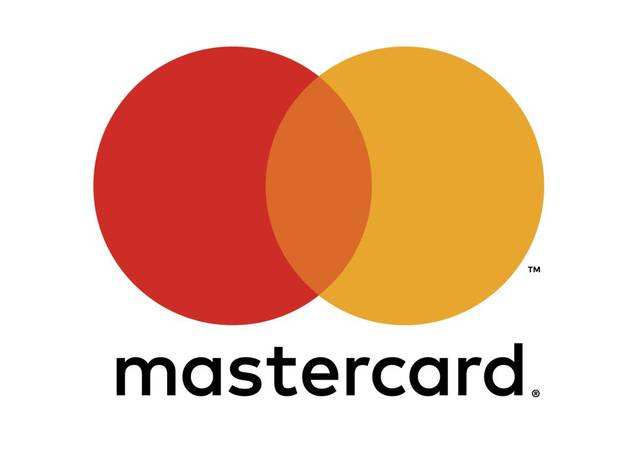China's tax watchdog has unveiled a guideline to reduce financial pressure in key sectors amid the battle against the novel coronavirus outbreak.
Subsidies for people participating in epidemic prevention and control will be exempted from personal income tax.
Value-added tax will be waived for taxpayers in sectors like transportation, catering and daily necessities delivery.
The guideline also specified preferential tax policies regarding domestic and overseas donations.
Officials say production of medical and daily necessities is steadily recovering in China to support the prevention and control of the novel coronavirus outbreak.
Based on data from 22 provincial regions, more than 70 percent of the production capacity for masks and protective suits has been resumed in China.
China is the world's largest mask producer, with more than 20 million masks made daily in normal times.
Chinese health officials say nearly four thousand patients infected with the novel coronavirus have been discharged from hospital after recovery.
Monday saw 716 people walk out of the hospital, including 427 in Hubei Province.
More than a thousand people have died of the disease and over 42 thousand confirmed cases have been reported in China.
The director-general of the World Health Organization says a team of experts have arrived in China to coordinate with local officials on the virus outbreak.
"An advance team of WHO experts has just arrived in China, led by Dr. Bruce Aylward, to lay the groundwork for the larger international team. Bruce and his colleagues will be working with their Chinese counterparts to make sure we have the right expertise on the team to answer the right questions."
WHO chief Tedros Adhanom Ghebreyesus says the rest of the team will join them as soon as possible.
Michael Ryan with the WHO Health Emergencies Program says the team will bring together the best of science and public health minds from China and the rest of the world.
Meanwhile, the WHO is to convene a global research and innovation forum on Tuesday and Wednesday to mobilize international action in response to the novel coronavirus.
China's central bank has approved an application by Mastercard's Chinese joint venture to conduct bank card clearing business in the country.
The joint venture has a registered capital of 1 billion yuan, or about 143 million U.S. dollars.
It is 51-percent owned by Mastercard. The remaining stake is held by Chinese company NetsUnion Clearing Corporation.
The People's Bank of China says the opening of the bank card market will help promote the internationalization of the country's payment and settlement services.
The central bank says it will continue to push forward the opening of the country's bank card market while improving the regulatory system to maintain financial stability.

The UN Security Council is scheduled to hold a meeting on Tuesday on the U.S.-proposed Middle East peace plan.
Both UN Secretary-General Antonio Guterres and UN Special Coordinator for the Middle East Peace Process Nickolay Mladenov will speak at the meeting.
A UN spokesperson says Palestinian President Mahmoud Abbas is also expected to make a statement at the briefing.
On Jan. 28, U.S. President Donald Trump revealed his controversial Middle East peace plan, also known as the "Deal of the Century," calling for a two-state solution while recognizing Jerusalem as Israel's "undivided capital."
The U.S. plan was immediately rejected by Palestine and the Arab world.
US President Donald Trump will pay a two-day visit to India in late February.
The White House says Trump will travel to New Delhi and Ahmedabad, a city in Indian Prime Minister Modi's home state of Gujarat.
During a phone call over the weekend, the two leaders agreed to use the trip to further strengthen bilateral ties.
Modi paid a week-long trip to America in late September, during which Trump shared a stage with him at a Houston rally.
The African Union has announced it will embark on the second phase of the Program for Infrastructure Development in Africa next year.
The second phase that lasts until 2030 will focus on smart and integrated corridors, renewable energy, job creation and digitalization.
It is expected to be implemented with a cost of 135 billion U.S. dollars.
The program adopted in 2012 is regarded as the continental strategic infrastructure framework in Africa.












